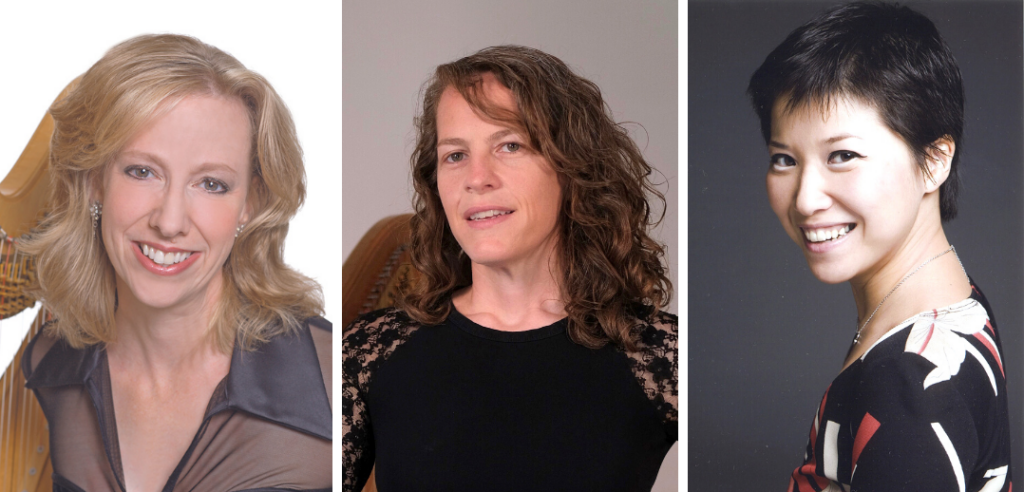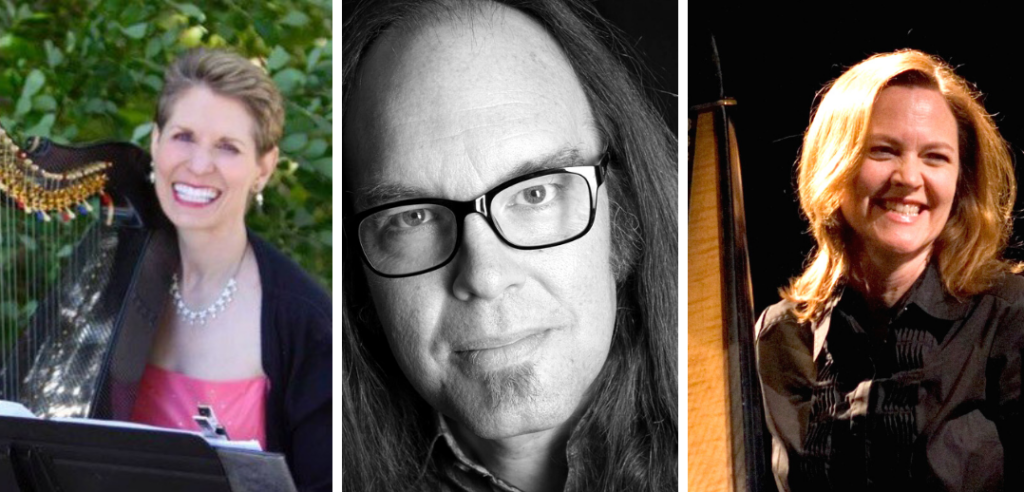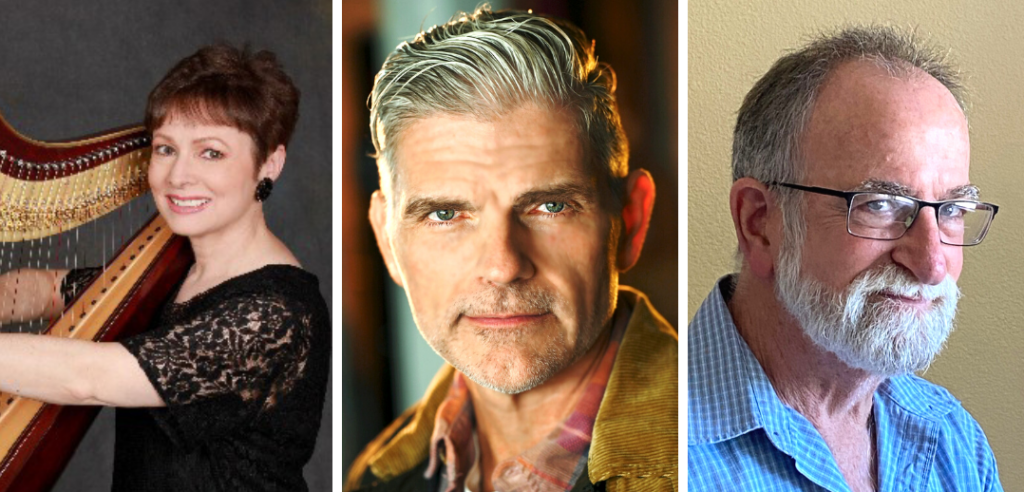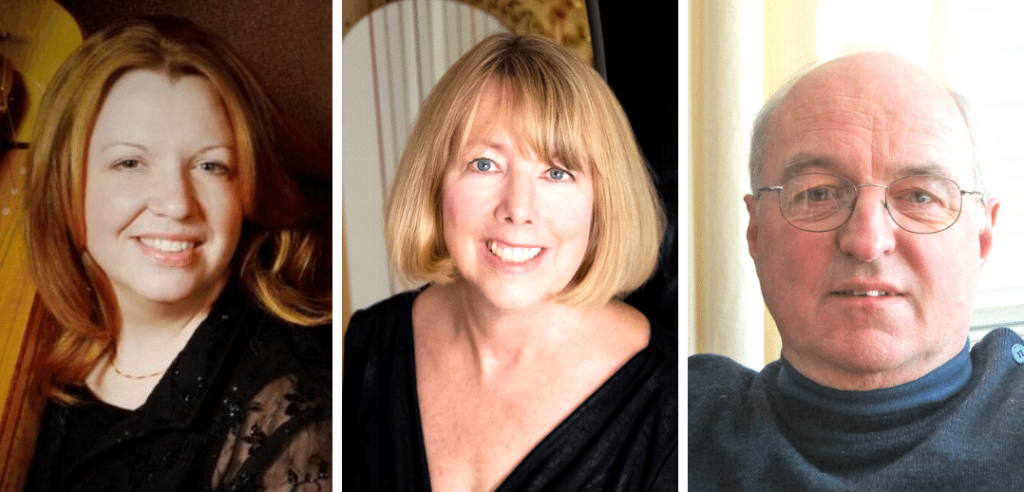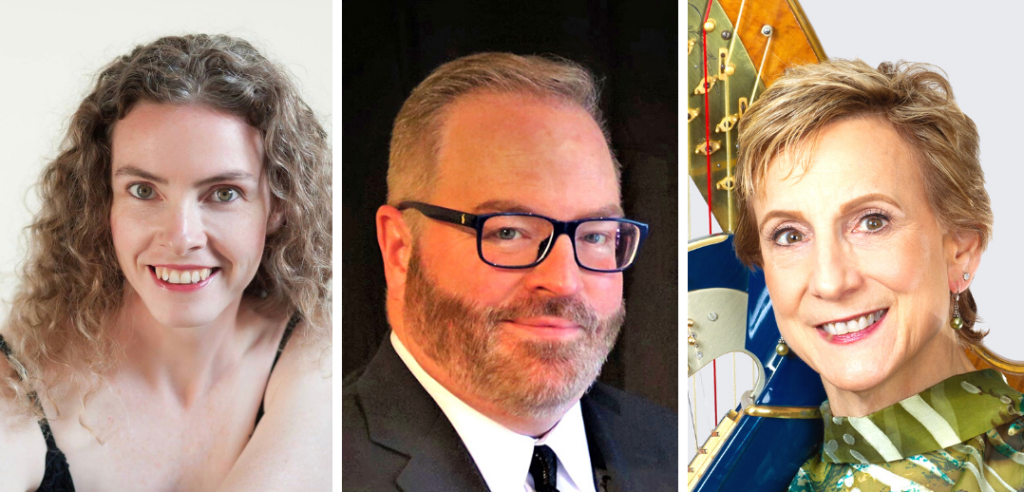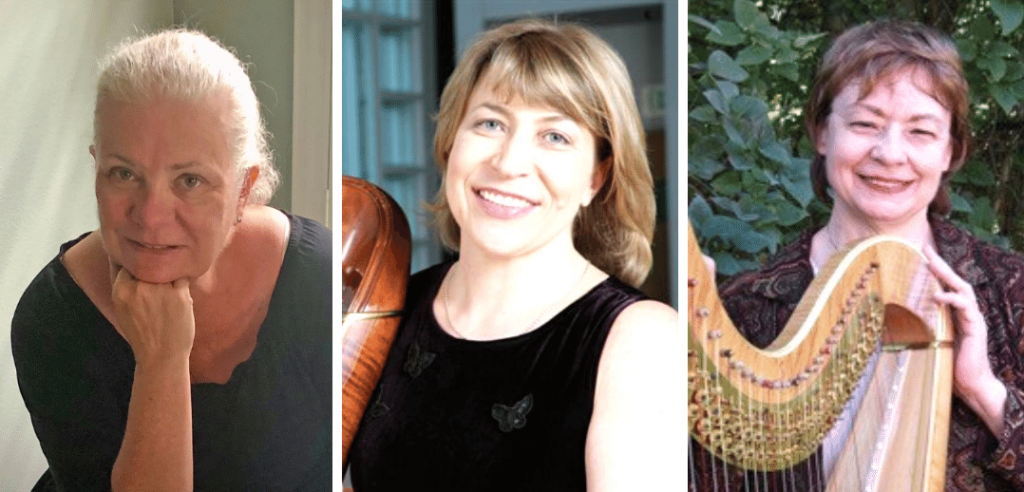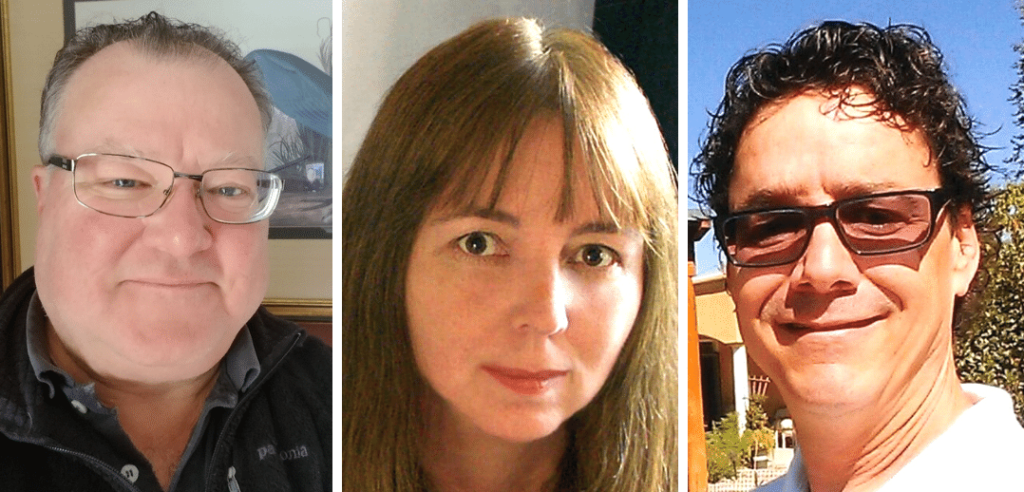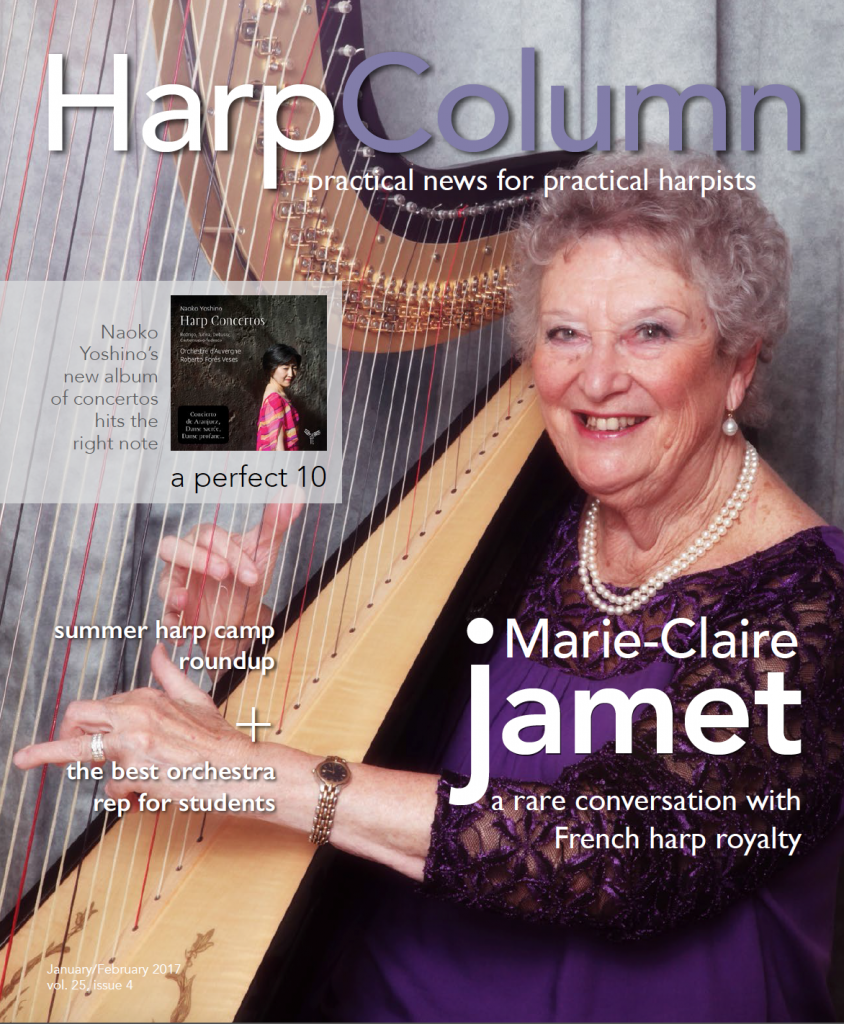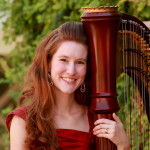
One of the most important elements of overcoming performance anxiety is adequate preparation. No matter how much you try to pretend that it will be alright, if you have not taken the time and effort to practice well what you are playing, your confidence will be lacking and your anxiety will increase. So when you commit to a performance, discipline yourself to work hard immediately so that you have plenty of time to get comfortable with the music and will not be frantically trying to prepare right before the event.
Additionally, solid focus is key to a good performance. When you practice, focus on the music, and practice blocking out everything as you envision yourself performing. Many times people will envision the audience and try to get nervous, then practice playing through that. In this way, they are practicing becoming anxious in front of an audience, and when the time comes to play, they are automatically overcome with nerves! In performance, we need no distraction—the music should be the sole focus and all that needs to occupy our minds as harpists. So practice focusing on that, and when it is time to perform, it won’t matter who you are playing for or how many, because you will be focused on what you are there to do—share the joy of music as you play.
—Heidi Hernandez, Phoenix, Ariz.

Nearly everyone deals with some sort of performance anxiety. The best thing you can do is to create a routine that works for you and stick with it. For me, there are important factors to consider before and during any performance starting with the most complete preparation possible. Never leave anything uncertain and forget attempting to cram, especially with memorizing! Visualize yourself having success and keep in mind you love playing the harp and are sharing your joy with others.
Prior to the performance, it is important to be in a quiet environment where you can focus your mind and allow only positive thoughts to boost your self-confidence. I like to stay well hydrated, lay off the caffeine at least a day before, and enjoy a healthy snack for energy. Keeping in mind that we are humans and that live music is never perfect allows me to live through the music and enjoy where it takes me!
—Marguerite Lynn Williams, Chicago, Ill.

There can be so many variables out of your control when you perform it’s comforting to have a routine or ritual that always stays the same. In high school, being one of the harpists in Cass Tech’s Harp & Vocal ensemble was a big deal. We did higher profile gigs than almost any other school in the state. Before our first performance, I was excited and a little nervous, so I went around to each of the girls in the choir and gave them a good luck kiss. This became the ritual before every concert. I was dubbed Sir Kiss-a-Lot and the stage was always a safe place.
In professional life, the kissing ritual really doesn’t work so I’ve had to find other ways to keep my mind in the zone.
For a recent audition, I pictured Michael Phelps routine before he competes—hoody, earphones, he’s a million miles away from the circus around him. That’s where I wanted to be before I had to play. Hip hop wasn’t going to work for me, but I had been using the Headspace app (headspace.com) to meditate. When I pulled the highest number, I had an hour and a half to wait before I could warm up. Hands sweaty, starting to feel nauseous, mind racing, I pulled out my phone, shut my eyes, and practiced mindfulness until I was under control. People must have thought I was crazy but I got the job. •
—John Wickey, Greenville, S.C.






